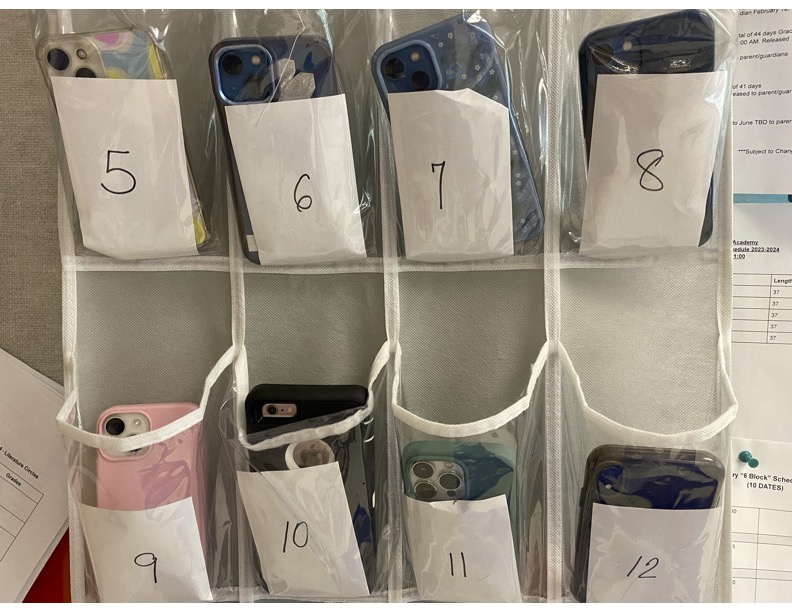
The spring season means many things for high school seniors. Completing the final assignments of a four-year high school career, taking part in their last extracurricular activities, and departing from a school that they have grown to know well are all experiences that seniors have as their time at WA comes to a close. On top of that list, however, are the college decisions that are made as the seniors embark on the next part of their journeys.
A major element to seniors’ college decisions are finances, as the price of college is extremely expensive for families. In an effort to offset some of this financial burden, financial aid from the U.S. Government is available.
The Free Application for Federal Student Aid (FAFSA) is a form that high school seniors and their families fill out and send to the U.S. Department of Education, detailing their financial status. With the information acquired from the FAFSA, the U.S. Department of Education then calculates how much money in financial aid all seniors should receive, and sends this data over to colleges who announce to seniors what their final financial aid total is.
The FAFSA is annually released on Oct. 1. However, this year the release of the form was delayed multiple times, and it was finally sent out to high school seniors and their families on Dec. 30, 2023. As they had to wait for nearly three months longer than usual to fill out the form, many were quick to jump on the process of filling out the FAFSA, and then sending it back to the U.S. Department of Education.
At this point in the year, the U.S. Department of Education typically has sent this information over to colleges and families should have received a final sum of financial aid. However, that is not the case. Instead, families are in the next waiting stage of this year’s FAFSA process, awaiting the financial aid total from colleges.
This delay stems from the U.S. Department of Education developing a new formula to calculate how much money each student will get off for their college years. However, this updated formula neglects an important factor: inflation.
This is a significant issue. Salaries of parents increase every year, but so does inflation, so theoretically the FAFSA should recognize both the salaries and inflation going up in order to land on a final total for financial aid.
However, since this year’s FAFSA does not track inflation, only increased salaries are being tracked by the FAFSA, and not the inflation that offsets the increase in salaries. This makes it look like families have a higher income than they actually do, therefore resulting in the FAFSA declaring that families qualify for less student aid than usual.
This would not only decrease the federal financial aid for students, but also state financial aid, and work-study opportunities. Therefore, college will become more expensive for families than what may have been expected.
This is notable because for most families, cost of tuition plays a significant role in what college students ultimately choose to attend. College is extremely expensive, so the FAFSA’s delay forces families to wait to come to a final decision until the results from the FAFSA are released.
For example, if a senior’s top two schools are a public state school and a private school, and the financial aid the family receives does not make attending the private school a logical financial decision, then the student will likely have to attend the state school by default. However, this decision cannot be made yet, as families have not gotten the FAFSA back.
With this, it is uncertain how the issue of inflation not being considered will be accounted for. It is a lose-lose situation. On one hand, if the issue is fixed, the FAFSA will need to be processed all over again, further extending the release of financial aid answers to families, and in turn the final college decision for students. On the other hand, if the issue is not fixed, the FAFSA would be released sooner rather than later, but students would receive less financial aid.
For seniors and families, it is simply a waiting game at the moment, much like it has been since the calendar turned to a new year. This state of unknown makes this stage of the college process much more difficult and stressful than usual. I am unsure as to how the government will handle the FAFSA this year, but I certainly hope that the current plan of accounting for inflation with the FASFA next year will be carried out properly.
As for this year, how the government finalizes the FAFSA for families remains a mystery. We will just have to wait and see.













Avni Shah • Mar 30, 2024 at 10:17 am
Informative and thorough article. Keep up Ghostwriter on Journalism 👌👌👌